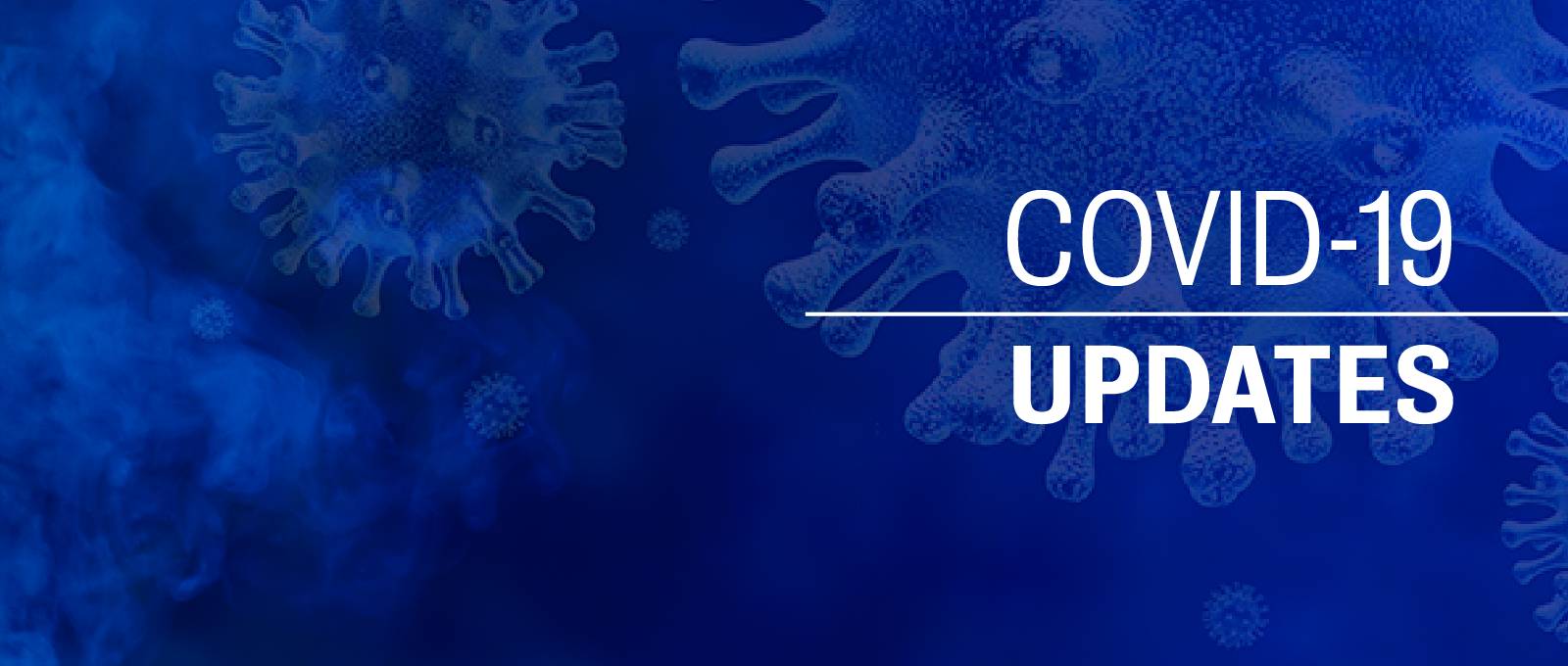News
COVID-19 | The SBCS Response

Published: 2:00 PM on March 13, 2020
OUR SITUATION
Dear Students,
Against the backdrop of the World Health Organization (WHO) characterizing the COVID-19 disease as a pandemic, and one confirmed case of the Coronavirus in Trinidad and Tobago to date, the health, safety and well-being of our community are increasing concerns and priorities for the management and staff of SBCS Global Learning Institute.
In light of the ongoing and increased uncertainty surrounding the COVID-19 coronavirus, we wanted to reassure you of the steps we’re taking to ensure we continue to deliver a safe and secure learning environment and great service for you. In addition to the advisories being provided by health agencies like WHO, the Caribbean Public Health Agency (CARPHA) and the Ministry of Health, we wish to share with you our commitment to enhancing our cleaning and sanitizing protocols, and our business continuity plans should staff or students require quarantine.
At this time, there are no confirmed or suspected cases of COVID-19 in the SBCS community, and measures are being put in place to reduce the likelihood of the entrance of the disease on our campuses.
OUR PLAN
The following outlines our plans and contingencies to control the spread of the disease, and ensure classes and administrative functions persist during this evolving situation:
- Upgraded frequency of our cleaning and sanitizing protocols, such that frequently used surfaces areas will be cleaned and sanitized 3 times a day.
- Hand Sanitizers are being placed at strategic, high-traffic areas of our campuses as:
- Advisory & Admissions Centre
- Course Administration Units
- Student Services Unit
- Cafeteria / Recreation Room areas
- Library
- Phased transitioning of our tuition delivery from face-to-face to online
Amidst the general sense of uncertainty and anxiety surrounding the disease, we urge you to remain calm, exercise proper hygiene and follow the advice given by local and international health agencies. Some common symptoms of COVID-19 are fever, fatigue, dry cough and shortness of breath. As a precautionary measure, if you suspect that you may be ill or are experiencing any of these symptoms, please follow the guidelines of the Ministry of Health:
- Contact or visit your nearest health doctor or facility
- Take medication as prescribed by a medical professional
- Get plenty of rest
- Drink lots of fluids
We are diligently following all of the recommendations and guidelines of the WHO, CARPHA and Ministry of Health, and will continue to do so as the situation evolves. In accordance with the guidance, we will be implementing a policy of isolation and self-monitoring for individuals who have recently travelled to areas highly impacted by the virus or who have been in close contact with those who have.
Protective Measures Against COVID-19
According to the World Health Organization, the following are basic protective measure against the new coronavirus:
- Wash your hands frequently
- Why? Regularly and thoroughly clean your hands with an alcohol-based hand rub or wash them with soap and water.
- Maintain social distancing. Maintain at least 1 metre (3 feet) distance between yourself and anyone who is coughing or sneezing.
- Why? When someone coughs or sneezes they spray small liquid droplets from their nose or mouth which may contain the virus. If you are too close, you can breathe in the droplets, including the COVID-19 virus if the person coughing has the disease.
- Avoid touching eyes, nose and mouth
- Why? Hands touch many surfaces and can pick up viruses. Once contaminated, hands can transfer the virus to your eyes, nose or mouth. From there, the virus can enter your body and can make you sick.
- Practice respiratory hygiene
- This means covering your mouth and nose with your bent elbow or tissue when you cough or sneeze. Then dispose of the used tissue immediately.
- If you have fever, cough and difficulty breathing, seek medical care early
- Stay home if you feel unwell. If you have a fever, cough and difficulty breathing, seek medical attention and call in advance.
- Stay informed and follow the advice given by your healthcare provider
(Source: https://www.who.int/emergencies/diseases/novel-coronavirus-2019/advice-for-public)
We will keep you updated on significant developments via our social media and e-learning platforms, as they arise.
As well, please follow our COVID-19 page for information and campus updates.